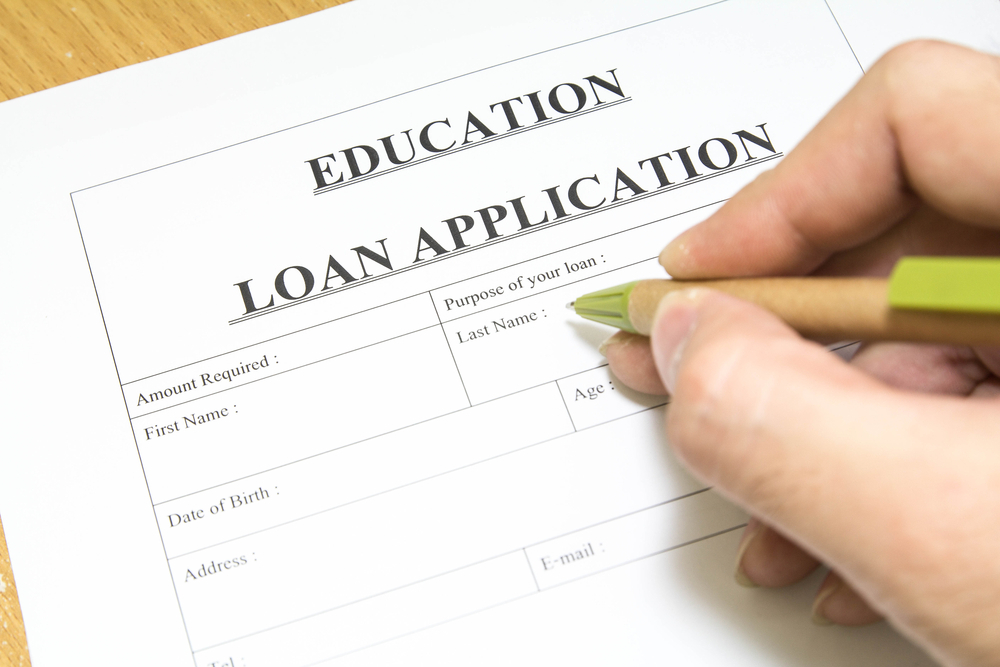Difference between Private and Government Education Loans

Students can take out many types of government and private loans to help pay for their education. These loans have different terms and conditions, so it is important for students to understand the differences between them before making a decision about which type of loan to apply for.
Government loans
- If you are a student at a public or private college, it is possible to apply for federal loans.
- Federal loans have flexible repayment plans that can fit your life. For example, if you lose your job or get hurt and can’t work, the government will pay off your loan until you are able to repay it again.
- Federal loans have fixed interest rates, meaning they won’t change over time as private student loans do.
Private Loans
Private loans are used to help students who have exhausted their federal loan eligibility. They are not subsidized, and there is no grace period before repayment begins. Private loans typically have a fixed interest rate, which may be lower than the rate on federal loans. While private lenders are required to offer a standard loan terms sheet and disclosure statement, they’re not required by law to follow all of the same rules as federally-funded student aid (though some do).
According to SoFi lenders, “Don’t wait for tomorrow, lock in today’s rate.”
Payment options for private loans
Private loans are also less flexible. They typically have a fixed interest rate, which means it won’t change over time. They also have fixed monthly payments and a fixed repayment term, so there’s only a way to get out of paying back the money if you can afford it.
But there are some benefits to private loans that make them attractive: they tend to offer more flexible payment options than government loans, such as automatic payment plans or the ability to make extra payments at any time without penalty or cost (although this does mean less time accumulation for your debt).
Federal vs. Private Loans – Questions to ask yourself
- Check the interest rate: Federal student loans have a fixed interest rate, which means they won’t change over time. If you want a private student loan and your credit score is good, then consider getting one with lower interest rates.
- Consider the length of the loan: Federal loans are offered in two different lengths- fixed-rate or variable-rate but both options limit how much money can be borrowed at any given time. Private loans typically offer more flexibility with their repayment options and longer repayment periods than government ones do!
- Evaluate your credit history: Your credit history can play an important role when applying for either type of loan because if you’ve got bad marks (late payments or collections), this could mean that getting approved could take longer than expected.”
As you can see, there are a lot of pros and cons to both types of loans. The best thing is to weigh your options and make sure that you choose the best option for your situation. If you have any questions about these types of loans or want more information on how they work, read more such content online.

